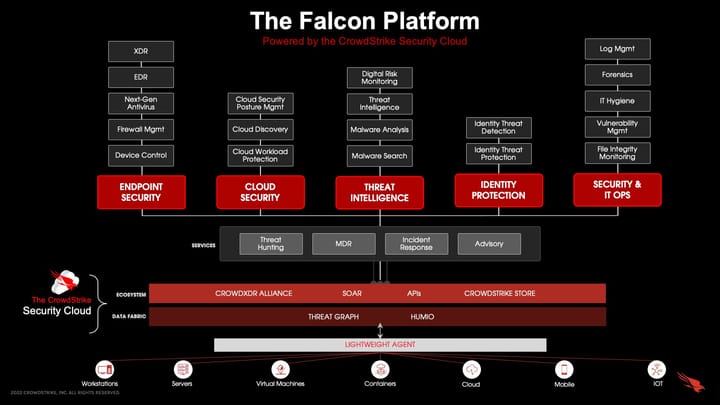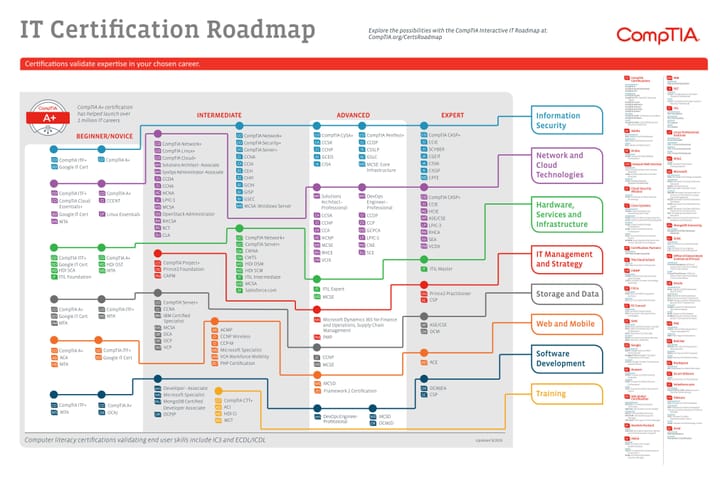The Risks of Granting Admin Rights: Safeguarding Your Business Applications

In modern businesses, the efficient management of applications is paramount. As technology evolves, so do the challenges associated with safeguarding critical systems and data. One common yet often overlooked practice is granting administrative rights to users within business applications. As a CIO, I believe it's crucial to shed light on why this practice can be detrimental to organisational security and efficiency.
Here are some key reasons why it's not a good idea to give people admin rights on applications used in business:
- Data Security Concerns: Admin rights provide users with unrestricted access to sensitive data and functionalities within applications. This can pose significant security risks, as it increases the likelihood of data breaches, unauthorised modifications, and malicious activities. Without proper oversight, the integrity and confidentiality of your business data may be compromised.
- Compliance Risks: Many industries are subject to strict regulatory requirements regarding data protection and privacy. Granting admin rights without appropriate controls can lead to non-compliance with regulations such as GDPR, HIPAA, or PCI DSS. Violating these regulations can result in severe penalties, legal consequences, and reputational damage for your organisation.
- Increased Vulnerability to Cyber Threats: Admin accounts are prime targets for cyber attackers seeking to gain unauthorised access to your systems. By compromising an admin account, hackers can exploit vulnerabilities, install malware, or launch sophisticated attacks like ransomware. Limiting admin rights reduces the attack surface and enhances your organisation’s resilience against cyber threats.
- Operational Challenges: Admin rights enable users to make significant changes to system configurations, settings, and permissions. While this flexibility may seem advantageous, it can lead to operational chaos and inconsistencies. Untrained or inexperienced users may inadvertently make changes that disrupt business operations, leading to downtime, data loss, and productivity issues.
- Lack of Accountability and Auditability: Granting admin rights indiscriminately can blur the lines of accountability within your organisation. Without proper controls and oversight mechanisms, it becomes challenging to track and monitor user activities effectively. This lack of transparency hampers forensic investigations, incident response efforts, and compliance audits.
So, what can businesses do to mitigate these risks and maintain a secure and efficient application environment?
- Implement the Principle of Least Privilege (PoLP): Limit users' access rights to only those necessary for their roles and responsibilities. Adopting a least privilege approach minimises the potential damage that can result from compromised accounts.
- Utilise Role-Based Access Control (RBAC): Assign roles with predefined sets of permissions based on job functions. RBAC ensures that users have the appropriate level of access required to perform their tasks effectively, without unnecessary privileges.
- Implement Multi-Factor Authentication (MFA): Enhance the security of admin accounts by requiring multiple forms of authentication. MFA adds an extra layer of protection against unauthorised access, even if login credentials are compromised.
- Regularly Review and Update Permissions: Conduct periodic reviews of user permissions and remove unnecessary admin rights. Stay vigilant against insider threats and unauthorised access by maintaining an up-to-date inventory of user accounts and their associated privileges.
In conclusion, while it may seem convenient to grant admin rights liberally within business applications, the associated risks far outweigh the benefits. As CIOs and IT leaders, it's our responsibility to prioritise security, compliance, and operational efficiency. By adopting best practices such as least privilege access and robust authentication mechanisms, we can safeguard our organisations against cyber threats and ensure the integrity of our data assets.
Stay secure, stay vigilant!



Comments ()